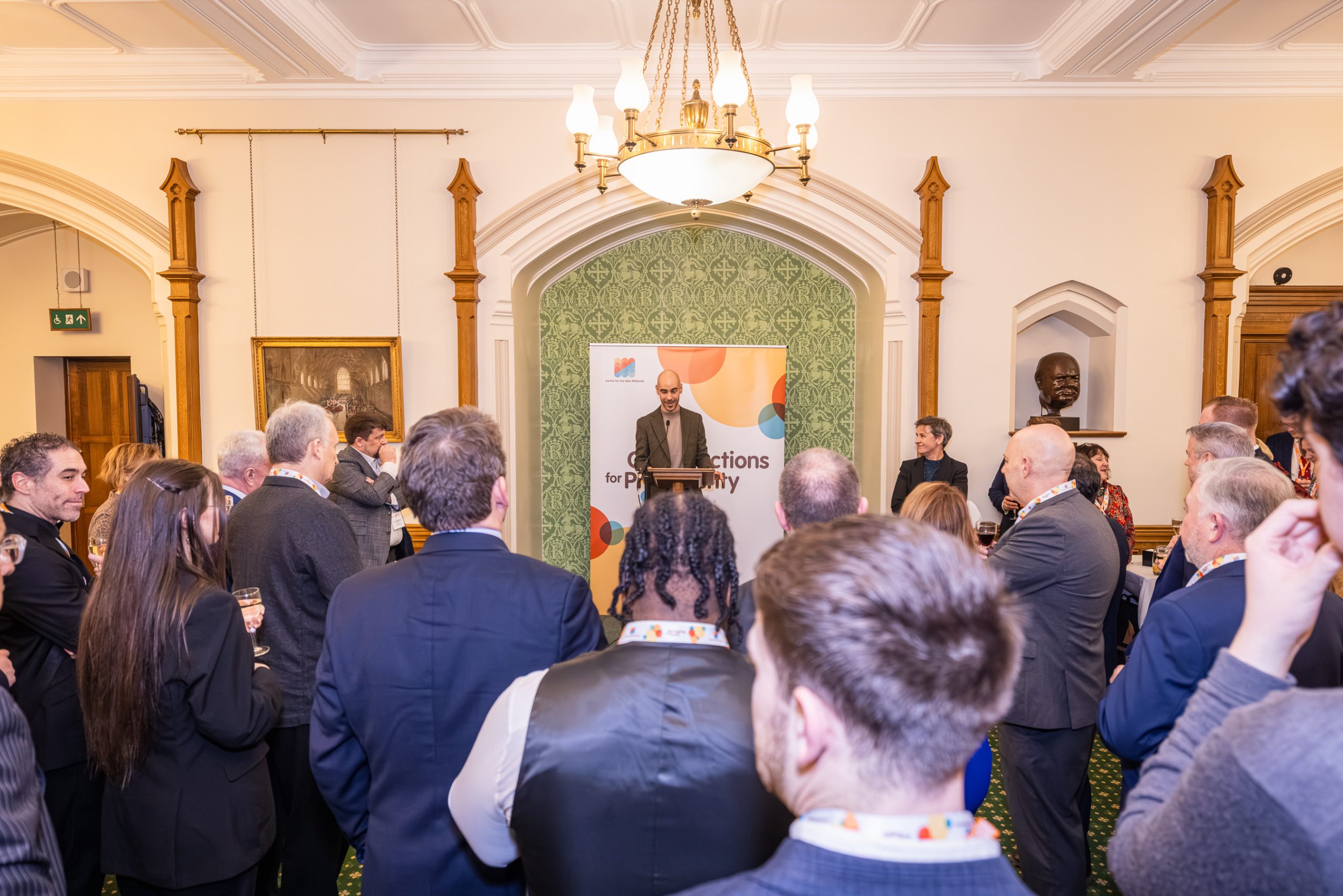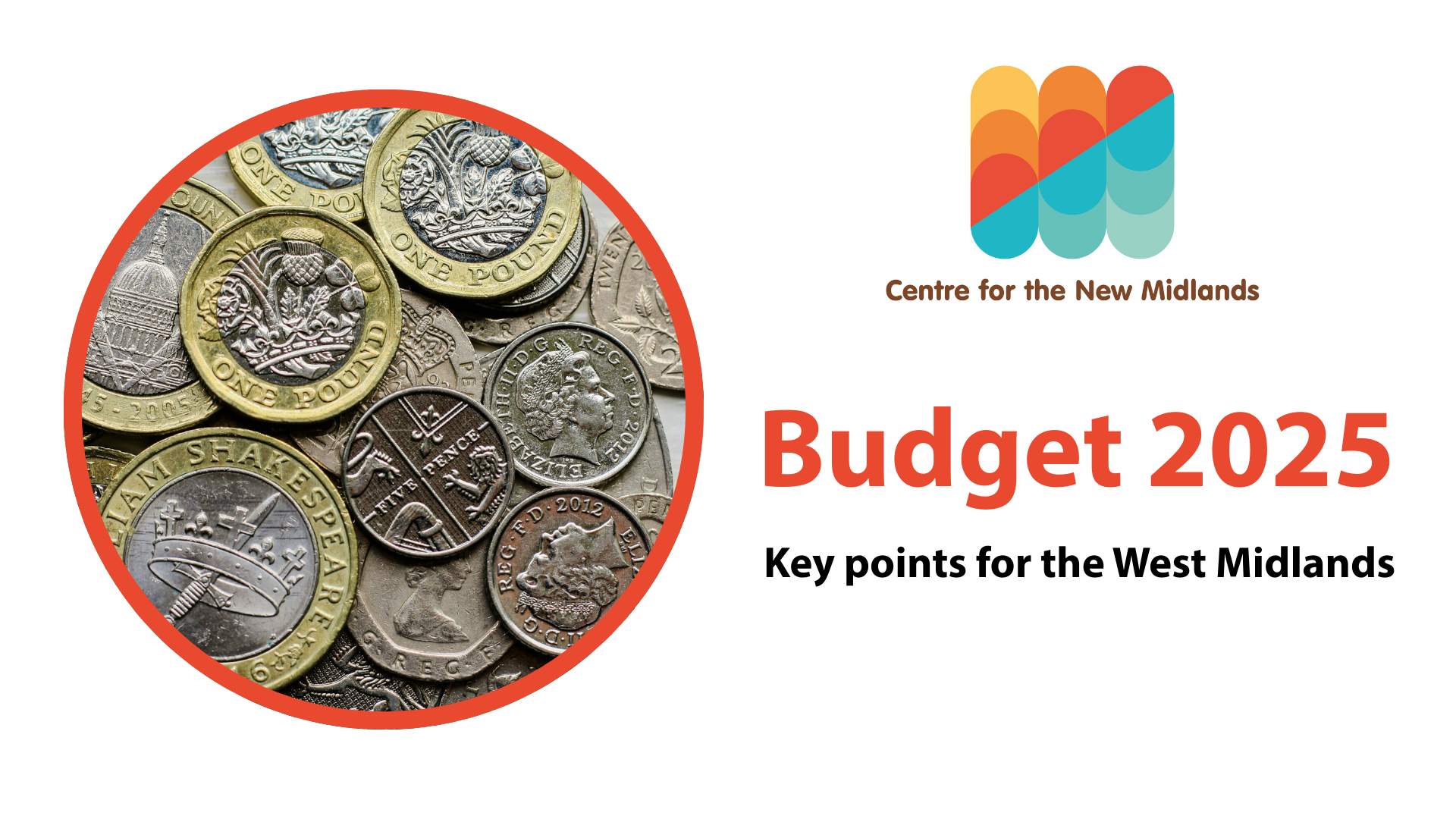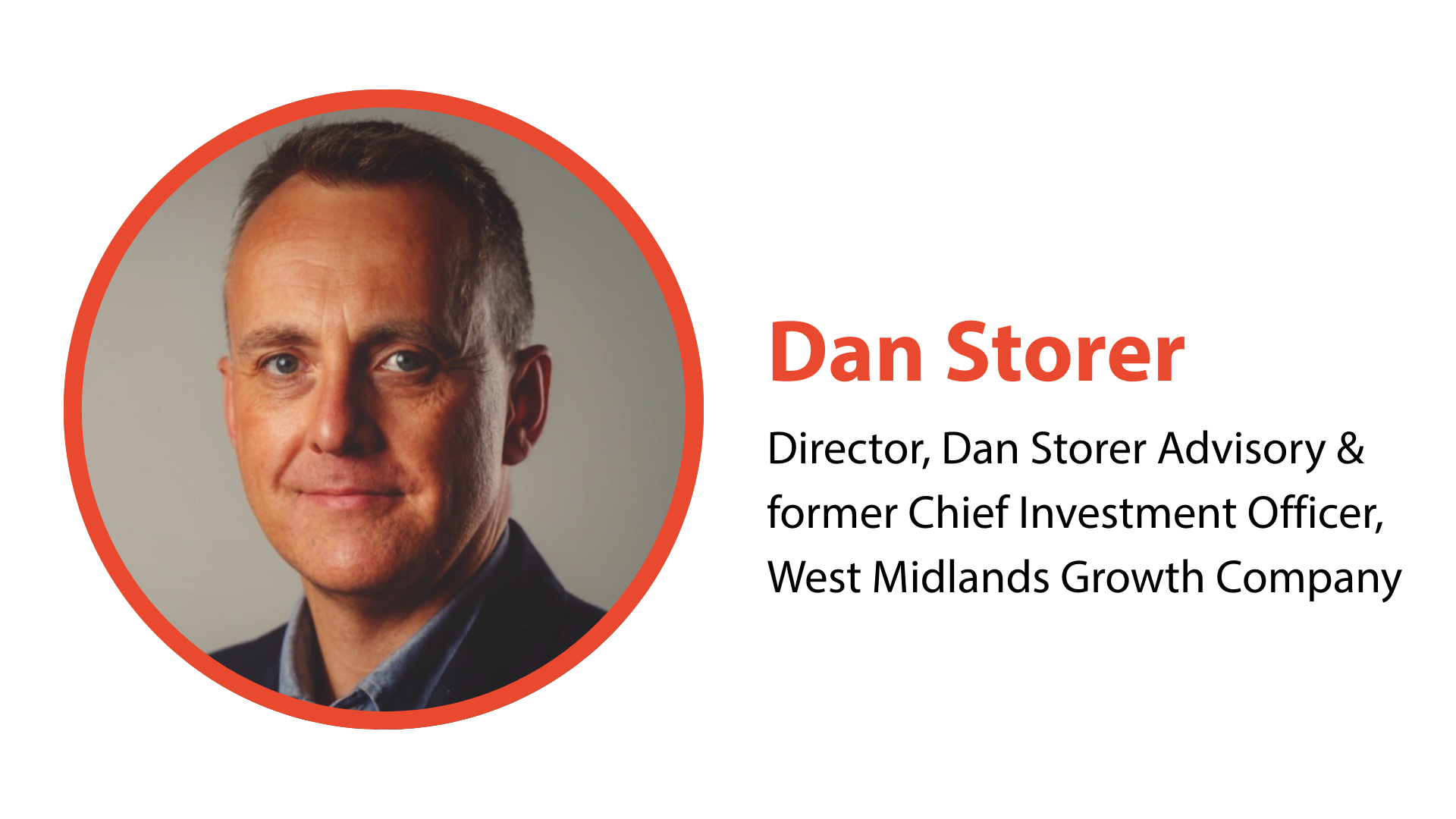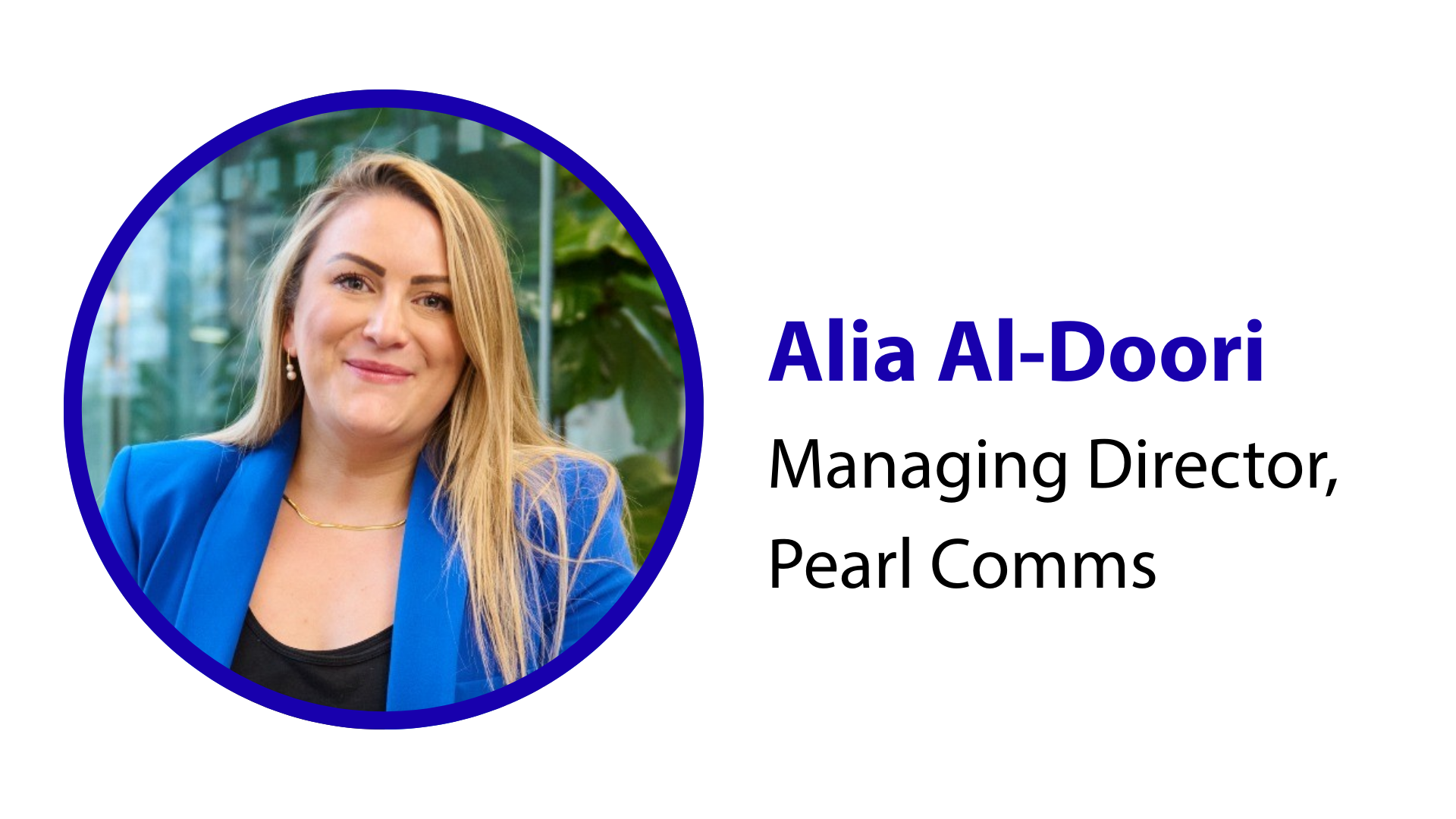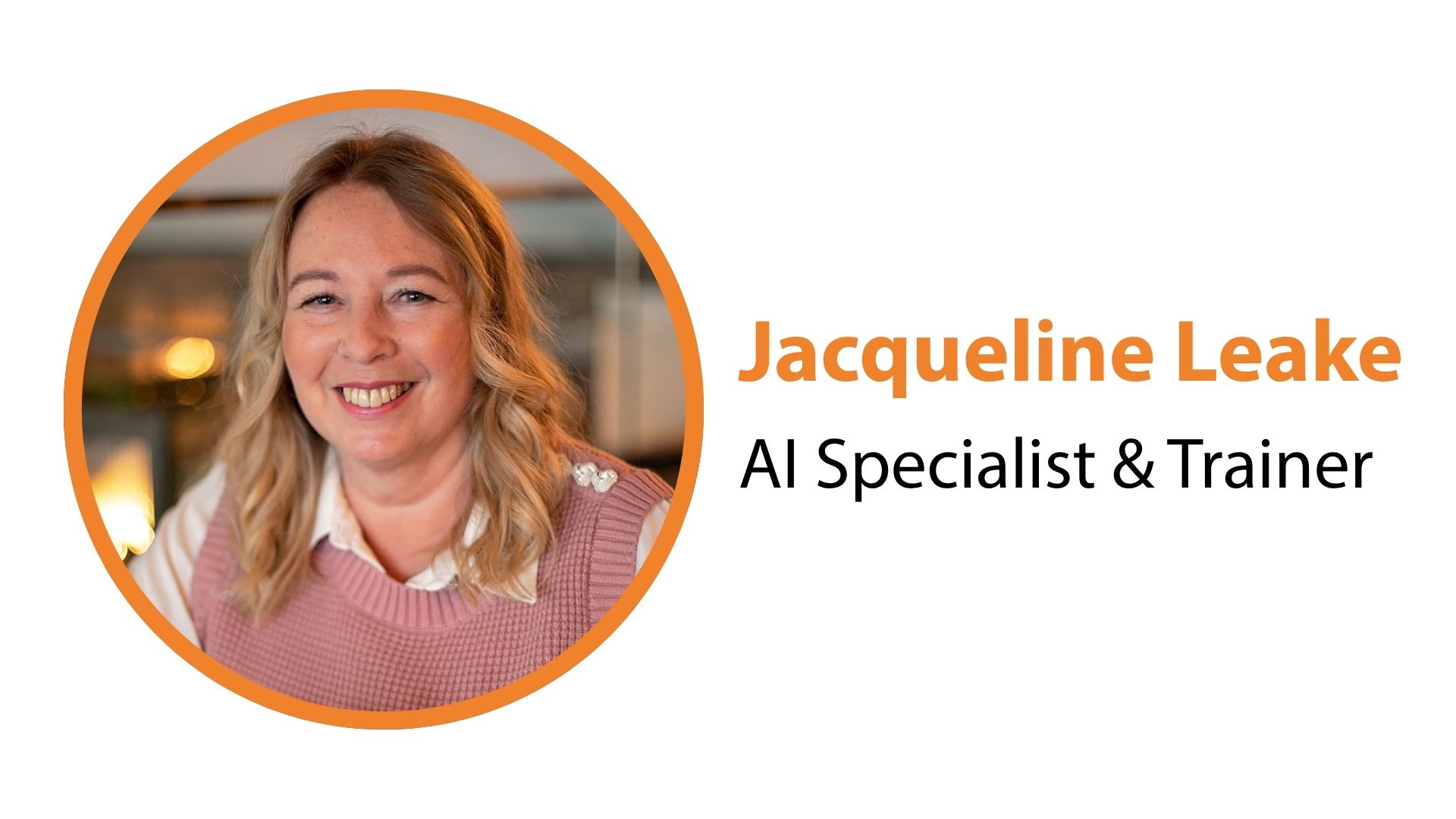The Centre for the New Midlands has submitted a response to the curriculum and assessment review which outlines several strengths and weaknesses within the current system. Here’s a summary of our submission:
Strengths include a broad, knowledge-rich curriculum, particularly from KS1 to KS4, that works well for academic students, and a wide range of qualifications for 16-19-year-olds, including technical qualifications like T-Levels. The assessment system is rigorous and well-regarded internationally.
However, weaknesses include insufficient time for skill development, with a focus on factual knowledge rather than employability skills, including problem-solving, financial literacy, and digital literacy. There is also concern that the current system, heavily reliant on exams, does not align with the skills employers need, leading to rote learning and disengagement.
A more balanced approach to assessment is suggested, with a mix of attendance, coursework, and exams. There is also criticism that the qualification pathways, especially post-16, may offer too much choice without adequate careers guidance.
Our response emphasises the importance of widening access to enrichment activities, particularly for disadvantaged students, and improving access to work experience and financial literacy. It also advocates for a more inclusive curriculum that accommodates neurodiverse students, kinesthetic learners, and those from lower socioeconomic backgrounds. Alternative assessments such as online exams, observations, and presentations are proposed to better suit diverse learning styles.
The importance of embedding employability and financial literacy within 16-19 qualifications is stressed, alongside recommendations to diversify and decolonise the curriculum to ensure it is relevant and inclusive.
Furthermore, a holistic approach to assessment is suggested, including incorporating careers education into the curriculum, improving transition support, and using technology to make learning and assessment more inclusive.
Finally, the response highlights the need for stronger connections between education, employers, and further education institutions to help learners understand the real-world application of their studies. Mentoring, careers guidance, and work-related learning are seen as essential to preparing young people for the future. Specific mention is made of the transformational work being done by @EmployabilityUK.



